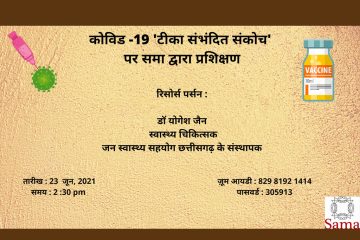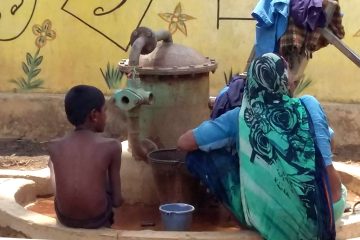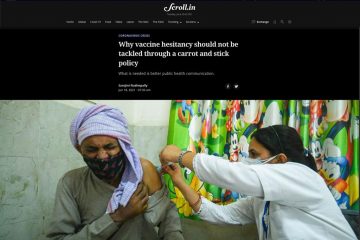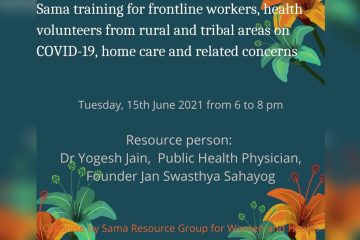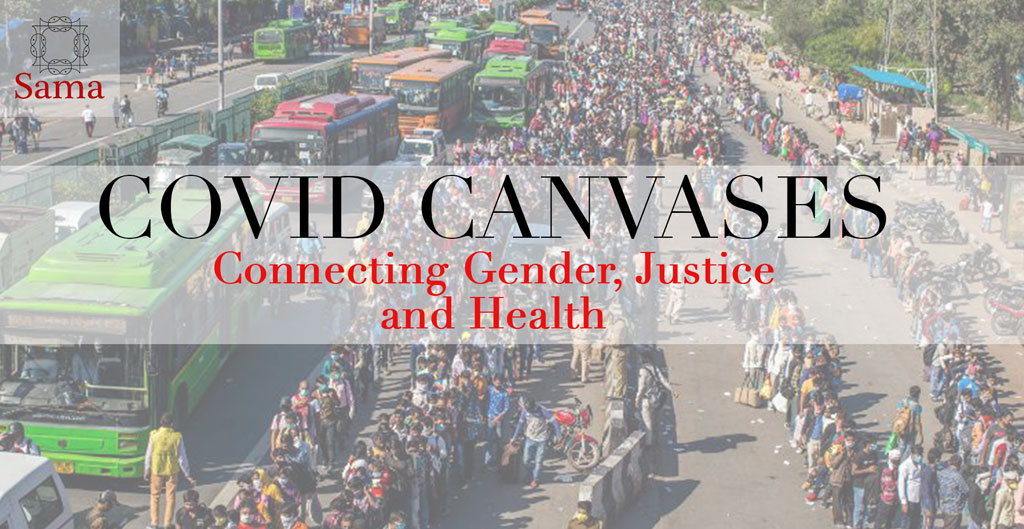
We live in difficult times – the COVID-19 pandemic has pervaded our thoughts, words and work and poses new and old challenges. We grapple with the struggles and injustices unleashed and exacerbated by COVID-19. The underpinning structures of inequality are reinforced in this time of intersecting crisis as well as in the responses of our governments, public health and other institutions to them.
The current pandemic has impacted the lives of everyone but certainly has been having a disproportionate impact on the lives of the marginalised – women, girls, daily labourers, sex workers, as well as persons with disability, transpersons and many others.
Most critically, the current situation has reminded us how our lives are interconnected. Care, compassion and solidarity have probably never been more relevant than now when physical distancing, isolation and lock downs are the norms in many of the countries and regions.
As countries witness and face this crisis in similar and yet varying ways, it is critical to inform, exchange and collectively reflect through sharing our knowledge resources, amplifying our voices, visibilising issues and fostering connections for support and resilience.
As a feminist health resource group, Sama’s work is located at the intersection of health, gender, justice and human rights, which frames the contours of our engagement on the issue of COVID-19.
Sama’s work, and experience in the area of public health, sexual and reproductive health and rights, gender based violence as a public health issues, mental health, and access to medicines, has been particularly significant in interrogating and analyzing the vast canvas of COVID vis-a-vis these specific dimensions.
Sama as a national resource group of the Jan Swasthya Abhiyan (JSA), the Indian chapter of the People’s Health Movement (PHM), is actively involved with JSA in everyday advocacy efforts to inform policy, guidelines, protocols on health as well as other relevant economic, social and ethical issues around COVID -19.
The primary objective of this section of our website is to coordinate exchange of information, to build understanding, analysis of gendered and social inequities for COVID-19 and responses to it in community, country and regional contexts.





